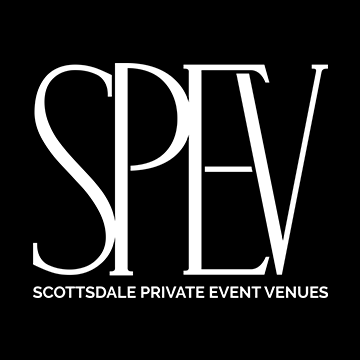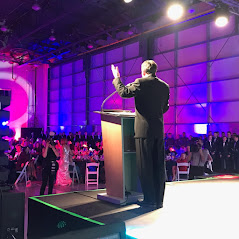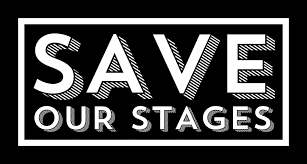 Events cost money – there’s no getting around that. They often cost a lot more money than guests ever imagine, so creating a strong budget is essential. Some details will depend entirely on the event you’re planning, where the money is coming from, and how much you have to invest in your event, but these general tips for creating your event budget should point you in the right direction.
Events cost money – there’s no getting around that. They often cost a lot more money than guests ever imagine, so creating a strong budget is essential. Some details will depend entirely on the event you’re planning, where the money is coming from, and how much you have to invest in your event, but these general tips for creating your event budget should point you in the right direction.
Establish Your Maximum
Before you get into the weeds of your budget, creating lists of line items and doing vendor price comparisons, start with one big number! Of course, you’ll want a detailed breakdown of every cost associated with your event, but it can be extremely helpful to set a maximum budget at the outset of the planning process.
Whether it’s coming out of your pocket or funded by a company, even a ballpark maximum will let you know what you’re working with, what you can rule out, and provide some quick decision-making as you begin considering vendors and other costs. For example, if the quote from a caterer is 75% of your maximum budget, you’ll know immediately that you have to look elsewhere. If the quote is 10%, you can set that caterer aside as a good option that may fit into the final figures.
Determine Must Haves
As you set out to find prices and assemble all of the pieces of your event, make a list of things you HAVE to have. What are the cornerstones of this event? Is it centered entirely around food, music, decor, activities, or something else?
Making decisions about what must be included will let you know where to prioritize your budget. If your event is all about interactive games and activities, perhaps you can save money by preceding fancy catering. If your event is built around a car show, there’s simply no getting around the costs of bringing in those cars!
Figure out your must-haves and explore those costs early in your planning… Everything else will be icing on the cake!
Figure Out Flexibility
Just like determining the things you need at your event, it’s also a good idea to identify areas where you’re willing to be the most flexible. As your budget comes together, you’ll inevitably have to adjust to get all the pieces working harmoniously. These adjustments will be much easier if you have a few areas of wiggle room.
If, for example, entertainment costs are more than you anticipated, you can look to one of your areas of flexibility (like offering valet parking) for ways to dedicate more of your budget to higher priority components of your event by reducing costs in other places.
Strive for Specifics
The last tip for creating your event budget is all about details. As you gather information from vendors, determine your must-have items and areas of flexibility, and start to get a clear picture of the overall costs, be as specific as possible!
Don’t just list a single price for, say, catering services – instead, break things down into smaller components so you can see every aspect of your budget in action. If you know how much each light costs to rent and install (for example), you can make small adjustments to your floor plan if the budget is tight.
You should know exactly how much staffing you need, what each of them is getting paid for, how much food you’re serving, how much each piece of decor costs, and so on…Tips for Creating Your Event Budget
The more detailed a budget you can develop, the more you’ll know exactly where each dollar is going – and whether it would be better spent elsewhere. It takes more work upfront, but as your event takes shape, you’ll be glad to have this information at your disposal. Tips for Creating Your Event Budget
Even if you’re working with one of our experienced party planners, you’ll play a large role in determining the budget. Take the time to figure out exactly what you want your event to look like, what you can go without, and how much you’re willing to spend. An expert can provide options and guidance, but the final decisions are up to you! Tips for Creating Your Event Budget





















